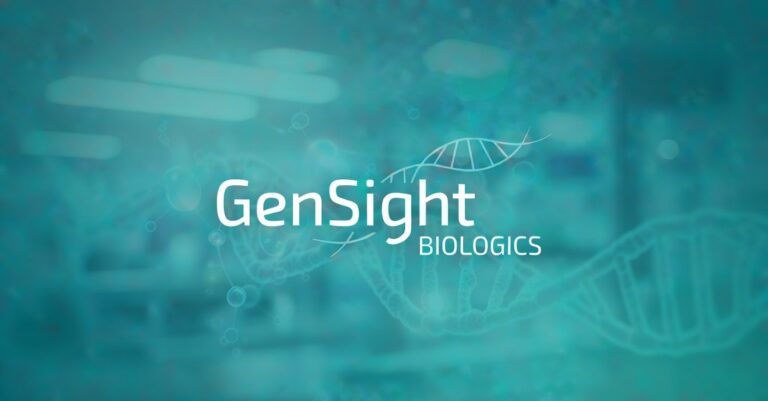
The Egyptian Drug Authority has granted regulatory approval for insulin glargine injection manufactured by EVA Pharma in collaboration with Eli Lilly and Company. This approval marks a significant milestone in the partnership that was launched in 2022, aiming to provide a sustainable and affordable supply of high-quality human and analog insulin to people living with type 1 and type 2 diabetes, particularly in low- and middle-income countries (LMICs) in Africa.
This approval represents the first regulatory clearance for EVA Pharma’s insulin products, following the collaboration agreement between Lilly and EVA Pharma announced in December 2022. As part of this partnership, Lilly has been supplying the active pharmaceutical ingredient (API) for insulin to EVA Pharma at a reduced cost, alongside providing pro-bono technology transfer to enable EVA Pharma to formulate, fill, and finish insulin vials and cartridges.
In less than two years since the collaboration was first announced, EVA Pharma has achieved significant progress, including completing a new biologics manufacturing facility, finalizing insulin formulations, and conducting stability testing. The company has worked closely with local regulatory authorities to obtain approval for the insulin glargine injection and has successfully released the first batch of the locally produced insulin drug.
Additionally, EVA Pharma’s human insulin injection has been submitted for local regulatory approval, with efforts underway to obtain pre-qualification from the World Health Organization (WHO). The WHO pre-qualification would further affirm that the insulin products manufactured by EVA Pharma meet the organization’s rigorous quality standards, helping to ensure access to safe and effective medicines in the region.
We have been at the forefront of diabetes care for over a century, and our collaboration with EVA Pharma strengthens our commitment to providing sustainable, affordable medicines to people around the world, said Ilya Yuffa, Executive Vice President and President of Lilly International. By working together, we are addressing systemic barriers to healthcare, expanding equitable access to life-changing treatments, and transforming the lives of people with diabetes in low- and middle-income countries.
Riad Armanious, CEO of EVA Pharma, emphasized the importance of localizing essential medicines to drive equitable healthcare access. “This collaboration is an example of how bold innovation and cutting-edge manufacturing can make a difference. Together with Lilly, we are making it possible to deliver life-changing treatments to over a million people across 56 countries. We are just getting started, and we are committed to making a real impact on the lives of people living with diabetes,” Armanious said.
This partnership is part of the broader Lilly 30×30 initiative, which aims to provide quality healthcare to 30 million people annually in resource-limited settings by 2030. Through this initiative, Lilly and EVA Pharma are working to improve access to affordable insulin, a critical medication for diabetes management, in regions where the need for such treatments is greatest.
In addition to the insulin collaboration, Lilly and EVA Pharma have recently expanded their partnership to include the licensing of baricitinib manufacturing know-how. This expansion will enable EVA Pharma to manufacture and supply treatment for various immunological diseases across 56 LMICs in Africa, further contributing to the broader goal of improving access to essential medicines.
The collaboration between Lilly and EVA Pharma exemplifies the power of public-private partnerships in addressing global health challenges. By combining Lilly’s expertise in diabetes care with EVA Pharma’s local manufacturing capabilities, the two companies are helping to ensure that people living with diabetes in Egypt and other LMICs have access to the medicines they need to manage their condition effectively. With the insulin approval in Egypt, the partnership is poised to make a meaningful difference in the lives of millions of people affected by diabetes across the region.





